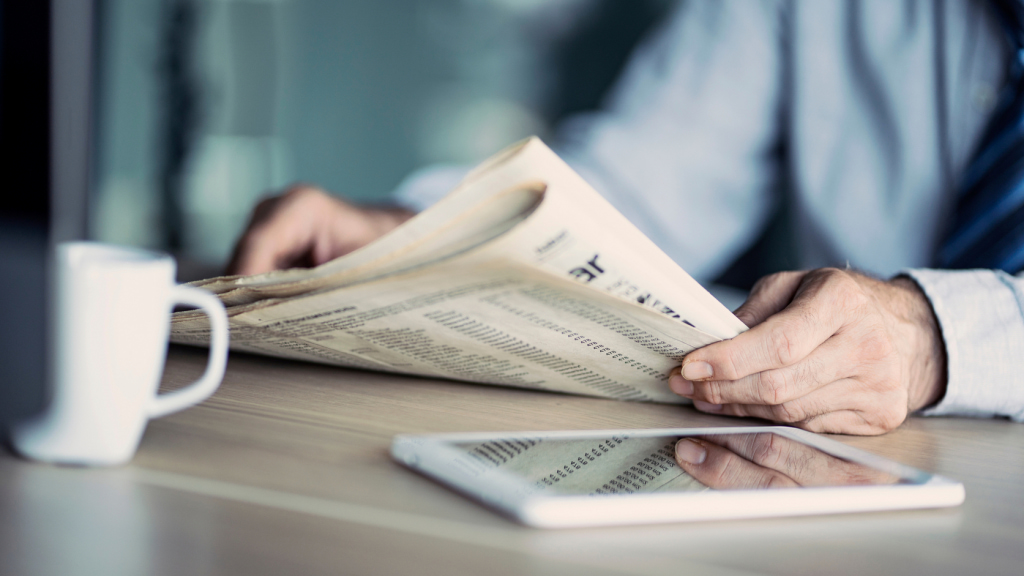While his efforts to turn Japan’s economy around may have failed thus far, Prime Minister Shinzo Abe could still easily be reelected, especially if those polls are suddenly opened a few weeks from now. At least that’s the consensus among many experts, who say a new recession in the world’s third biggest economy will prompt its PM to hold a snap election, before the opposition has time to coordinate an offensive strategy.
An article on Livedoor stated that Abe would hold a press conference Tuesday evening about postponing the tax hike and dissolving the House of Representatives. The article noted that Abe avoided giving a clear-cut answer about those potential plans, before adding that “he suggested an election was desirable when making decisions that could significantly affect people’s lives, including on a consumption tax hike.”
Some see Abe’s possible tax increase as a long term solution to Japan’s troubled economy, because it would stem a national deficit that has grown “more than twice the size of the economy and the largest among developed nations.” Still, the risk remains that the short term ramifications of such a move could be catastrophic; an Al-Jazeera piece acknowledges that a similar hike in April from five percent to eight percent prompted this new recession in the first place.
The deficit could well lead to another tax increase, but the timing of such a spike would directly affect Abe’s electability: “From an Economics101 perspective, if one has fragile growth, anything that stems or hinders consumer spending is an absolute no-no. In this perspective, a delay in the sales tax would be very positive, not to mention hugely popular for Prime Minister Shinzo Abe.” As investing.com notes, such a postponement would give the opposition party little fodder for their campaigns against the incumbent, perhaps even helping the PM secure a bigger majority, and thus more leverage, all the better to implement a tax hike at a later date.
Marketwatch says that procrastination could delay the increase all the way to April 2017 if, of course, it is correct in its prediction that Abe will be more proactive following a new poll, which could open as early as December 14. The Prime Minister’s approval rating has dipped 8 percent since last month to 44 percent, an all-time low since coming into office.
—Kyle Mullin
Feature image: sebra / Shutterstock.com









